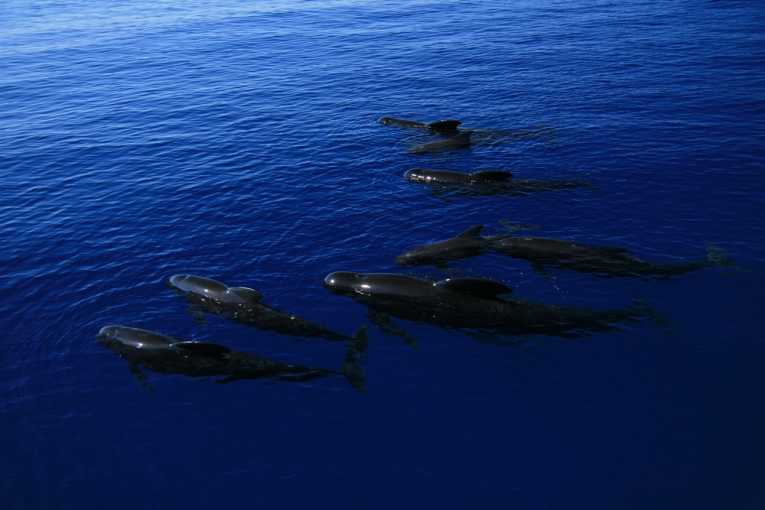The haunting sounds of whale song fill the world's oceans and yet their purpose is not fully understood. Some whale sounds are used for sexual selection, others for echolocation, but how extensively the sounds are used for communication is not known.
You can play a part in an effort to solve this problem. The University of St Andrews, Wood Hole Oceanographic Institute, the Netherlands Organisation for Applied Scientific Research, The Zooniverse and Scientific American have put together a crowdsourcing project, imaginatively entitled, the Whale Project. It is intended to help confirm researcher's categorizations while also raising interest and awareness for the work that has been undertaken to understand these wonderful creatures.
Using the power of "citizen scientists" the project will use the data generated to help researchers looking for interesting features in the calls. It may be possible to study forms of animal culture as the mapped information would provide evidence of local dialects. It will also be possible to use the information to confirm or dismiss existing hypotheses that scientists may wish to test.
The researchers involved in this project are eager to learn about pilot whales in particular. Although considerable work has been done on the calls of killer whales, pilot whales need a lot more study. The team are interested to discover if the variation and categorization of killer whales and pilot whales will have a lot in common and this project should provide them with the data that they require.
So, how can you get involved? It doesn't require a great deal of effort. Visit the site here and get started. You will be given a recording of a whale call to listen to. You must then listen to a number of other samples and if you hear a possible match you select the check mark. You should then listen to the sounds again, and if you are happy, you click 'MATCH'. This match will then be recorded in the project database. It is probably a good idea to read through the simple tutorial found here.










